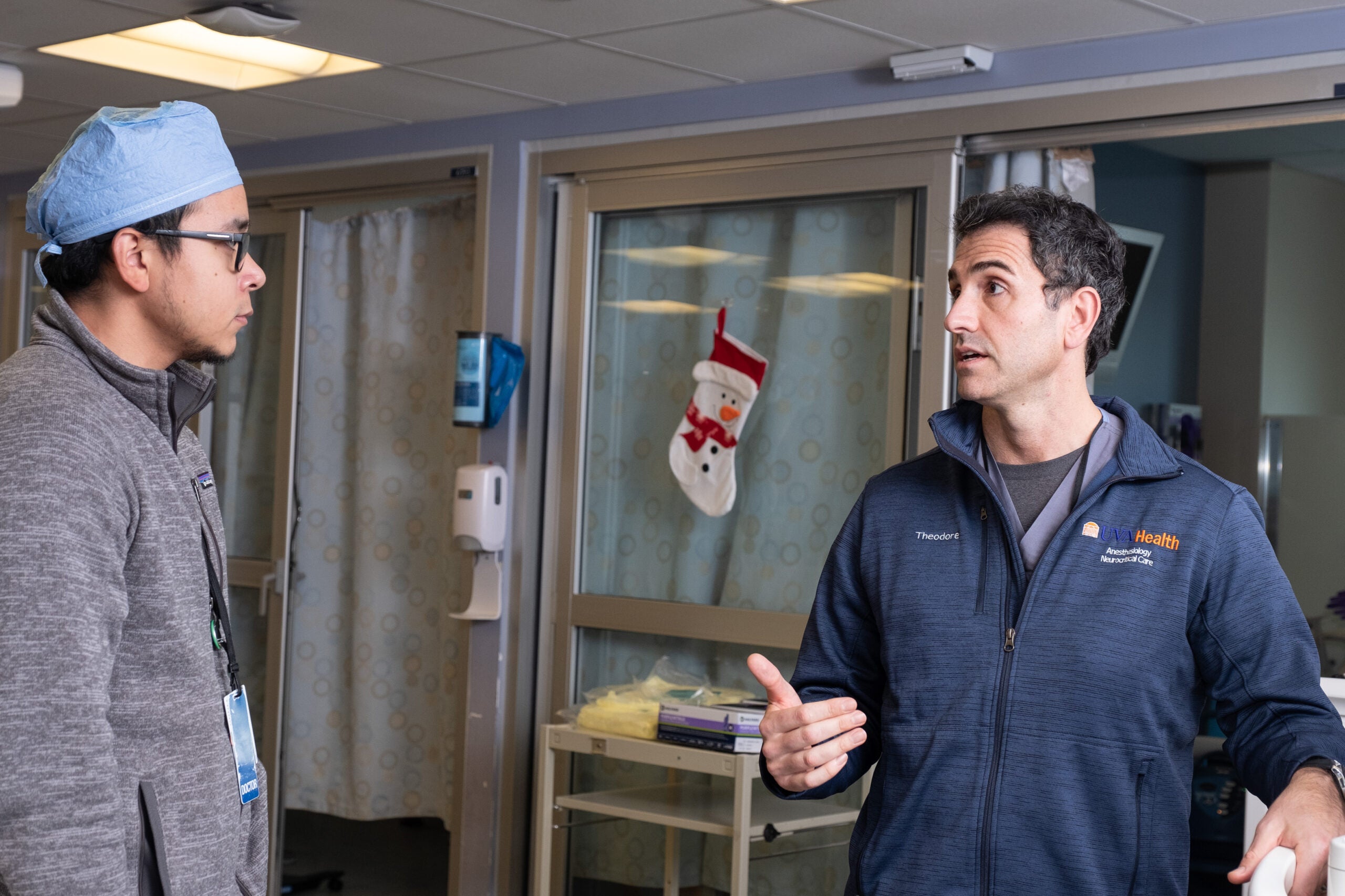Core Rotations

Core rotations make up 9 out of the 12 months in the critical care fellowship in accordance with ACGME regulations and are focused in Surgical/Trauma ICU, Thoracic/Cardiovascular ICU, and Neuro-ICU with an additional 3 elective months. The fellowship program offers a diverse array of electives such as MICU, PICU or a medical subspecialty (e.g., infectious disease, pulmonology, or cardiology) to help fellows tailor their educational experience to their future practice fields. Other popular rotations include ICU nutrition, TEE in the cardiac operating rooms, toxicology, ECMO, and the trach/PEG/nutrition service. Fellows who have research interests are strongly encouraged to use their elective time to develop and pursue clinical or basic science investigations alongside their faculty mentors with opportunities to present their work at national conferences. Faculty at UVA are recognized leaders in the field with peer reviewed publications, book chapters, and speaking engagements at national conferences and will be valuable resources to any research pursuits or academic projects.
As a part of the daily responsibilities in the ICU, fellows are expected to organize and lead teaching/work rounds, formulate care plans with attending supervision, and facilitate communication between the ICU team and surgical services, con

sultative services, and family members. Fellows will also serve as instructors for intern and resident simulation/didactics, formulate problem based learning discussions from challenging ICU issues, and organize monthly journal clubs.
It is important the education that the fellows gain from patient care is
supplemented by a well- developed educational curriculum. This year-long teaching curriculum includes multiple weekly didactic sessions with both faculty from the division of critical care medicine, as well as experts within various specialties at UVA. In addition, fellows participate in simulation training at UVA’s Medical Simulation Center, a state-of-the-art multidisciplinary training and research facility. Fellow simulation sessions are designed to be integrated with the monthly curriculum. The sessions are unique in that they do not only focus on a single event or crisis, but also simulate the progression of a disease process, such as sepsis or stroke.
